Conservation
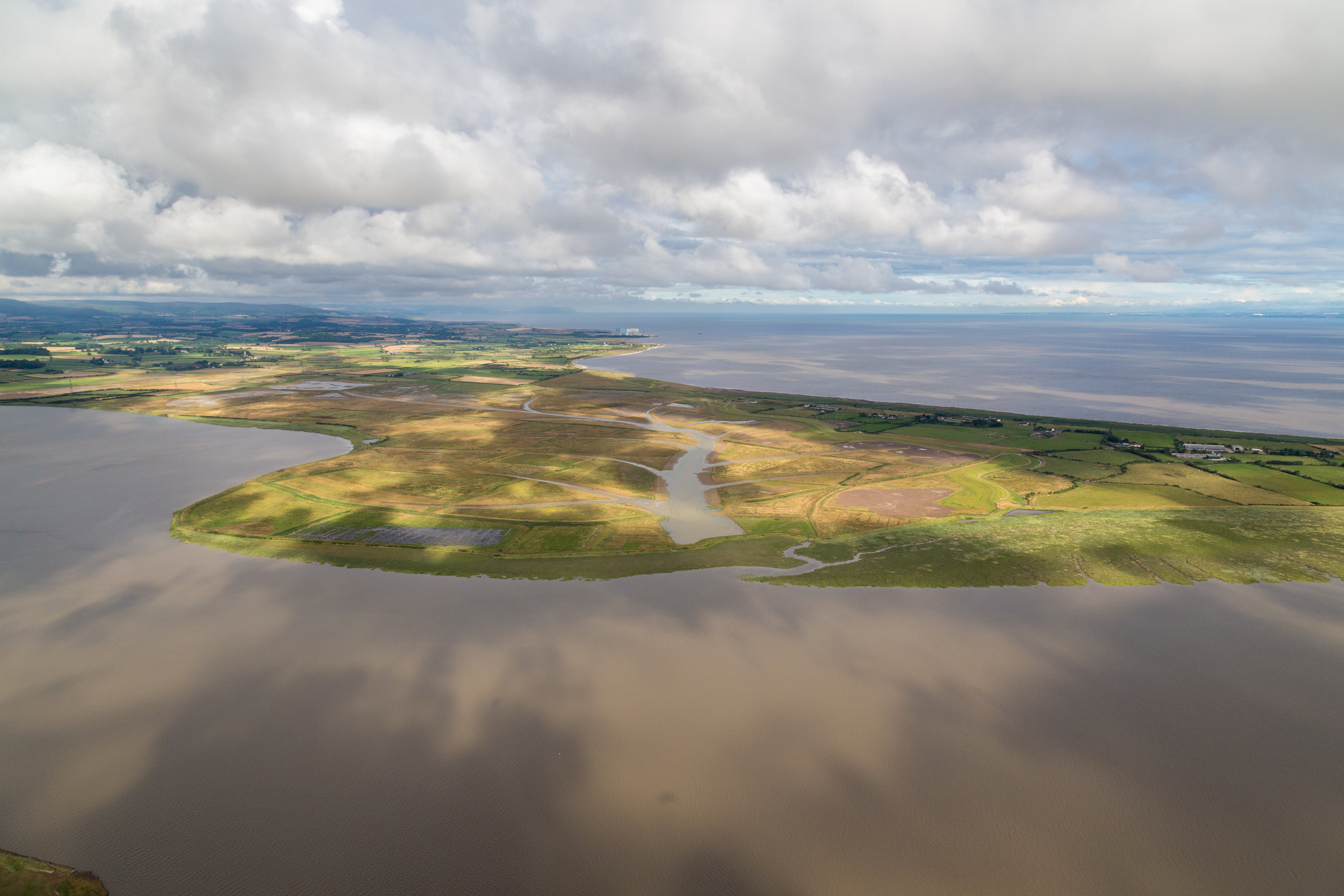
WWT receives grant of £1.58m to protect and enhance Somerset coast
WWT's ambitious new project to safeguard the Somerset coast from the effects of climate change has received a £1.58m donation as part of the Government’s Green Recovery Challenge Fund. It is one of the first environmental projects awarded a gr
10 December 2020
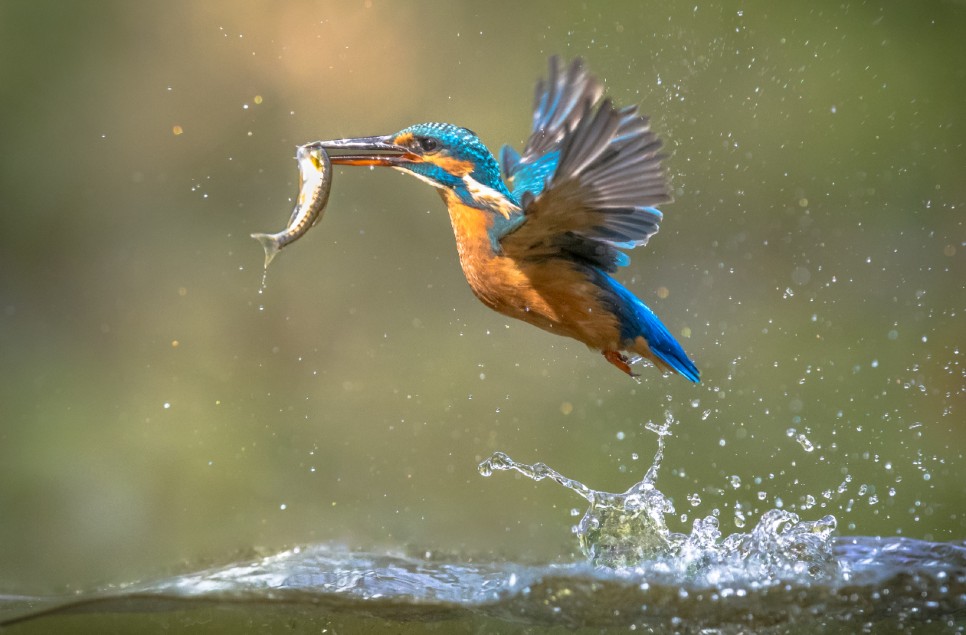
Living Planet Report shows a dramatic decline in freshwater species - giving more urgency to implement Emergency Recovery Plan
A key element of the 2020 Living Planet Report's Freshwater Deep Dive, this scientific paper outlines a revolutionary plan to reverse the rapid decline in the world’s freshwater species and habitats while protecting our life support systems.
10 September 2020
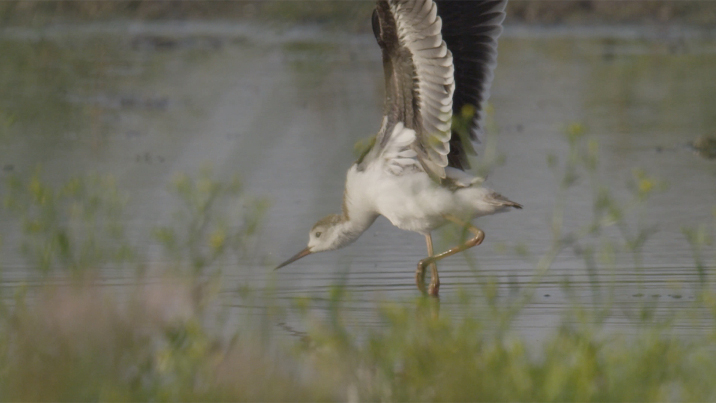
The only black-winged stilts to hatch in the UK this year have successfully fledged in Somerset
A trio of black-winged stilt chicks have flown the nest at WWT Steart Marshes, where to the disbelief of conservationists, they hatched last month. This is the first time the rare wader has ever nested at the reserve and it is the most western point in
25 August 2020
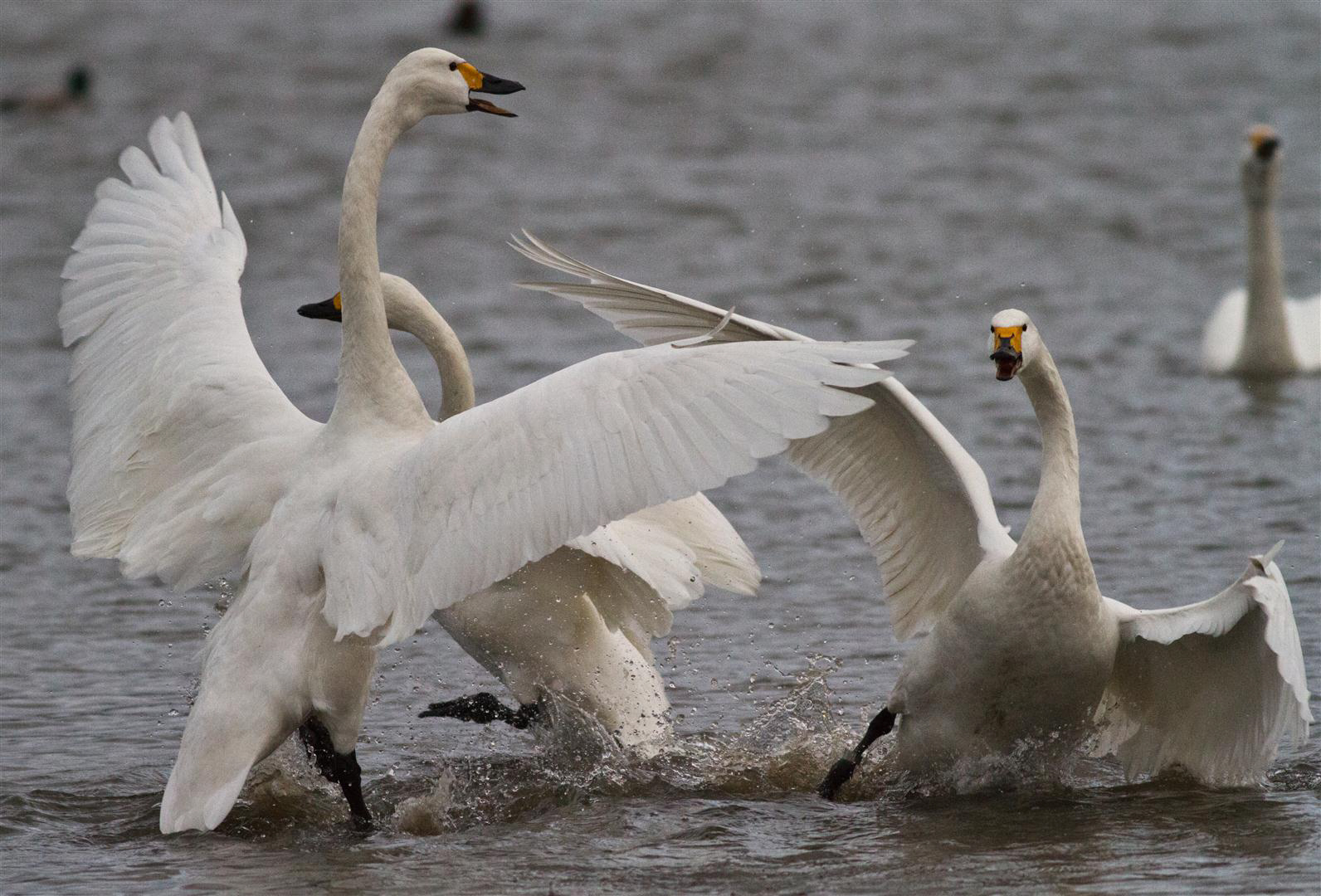
Swans reserve aggression for each other, new research has found
Despite their hostile reputations, swans ruffle each other's feathers rather than other birds, according to a study commissioned by WWT and the University of Exeter. Of all three swan species observed; whooper, Bewick’s and mute swans were most frequen
18 August 2020
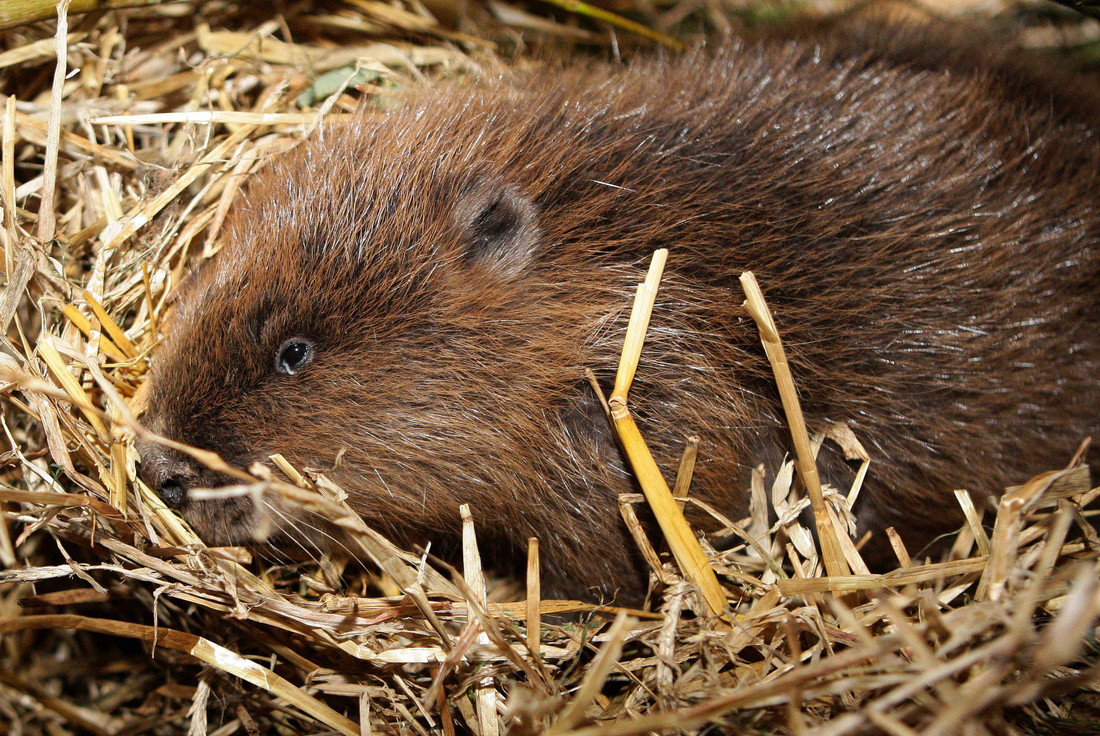
WWT joins coalition calling for long-term plan for England's beavers
The Government should allow wild beavers to remain in England and expand naturally through river catchments, with robust local management and monitoring of the animals, say members of a coalition which includes WWT. The call for an English Beaver Strateg
17 August 2020
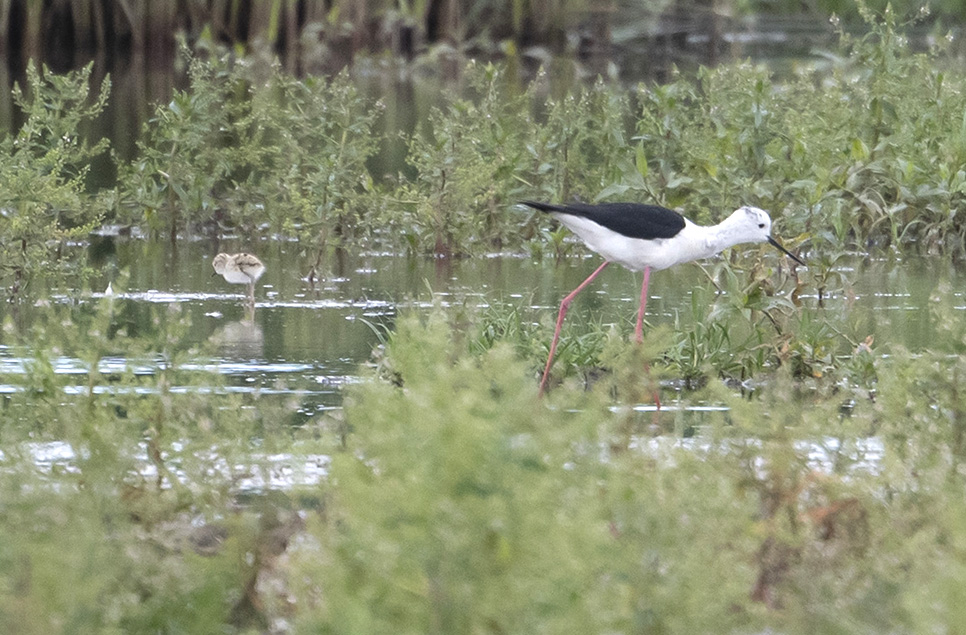
Rare wading bird breeds at Somerset reserve in miracle first
A rare pair of black-winged stilts have successfully bred chicks at WWT Steart Marshes for the first time ever.
10 July 2020
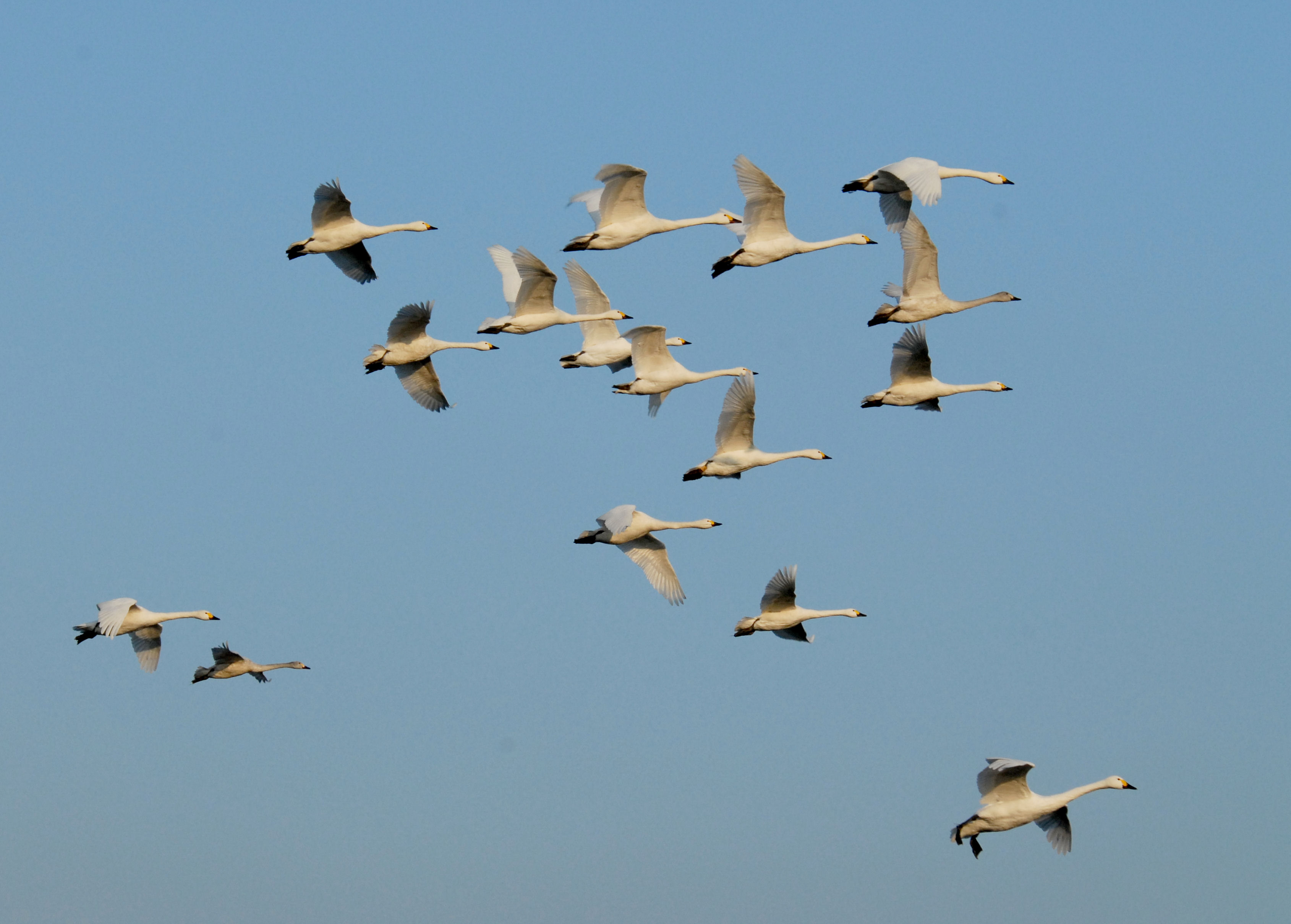
Human swan calls for lead shot ban ahead of EU vote
Human swan Sacha Dench has added her voice to the call for a lead shot ban from wetlands.
29 June 2020
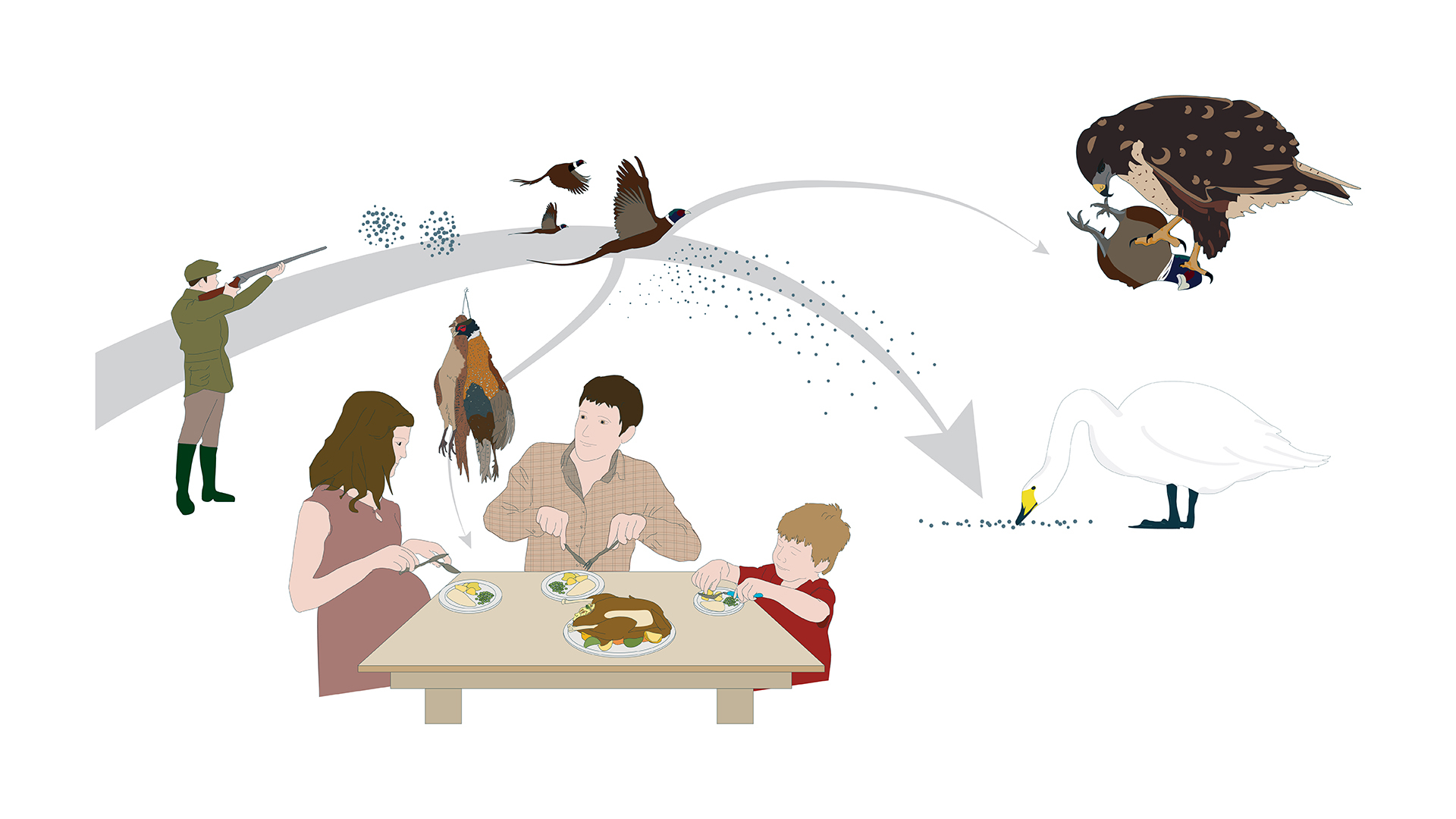
Lead shot ban on knife-edge
The future of lead shot in the EU is on a knife-edge after several countries indicated that they will abstain or vote against a ban of its use in wetlands. Lead is one of the WHO’s ten most toxic human poisons, and kills a million waterbirds a year.
26 June 2020
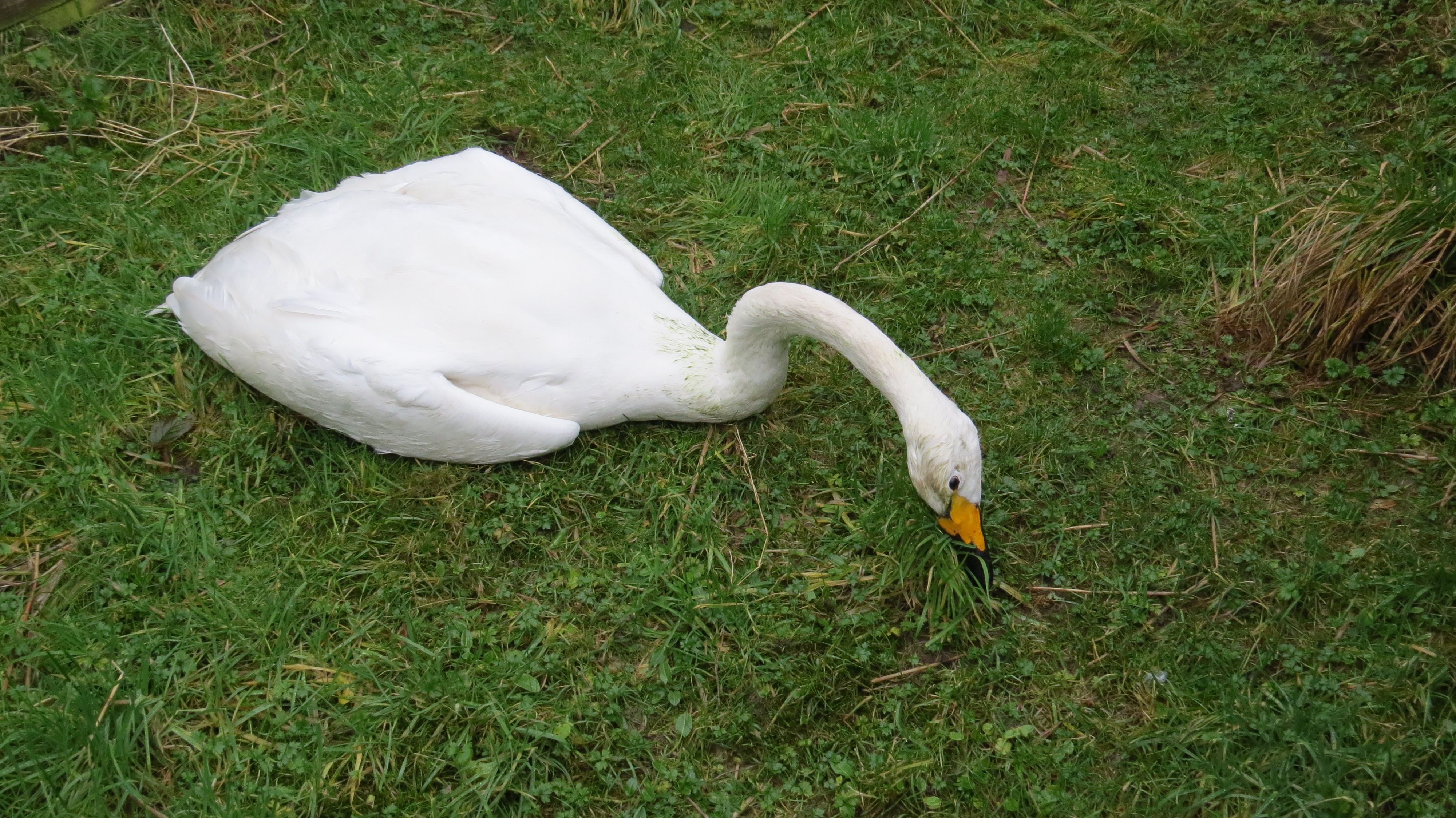
The European lead ammunition scandal: the questions that need answering
Why is key vote on lead ammuniation repeatedy delayed?
18 June 2020
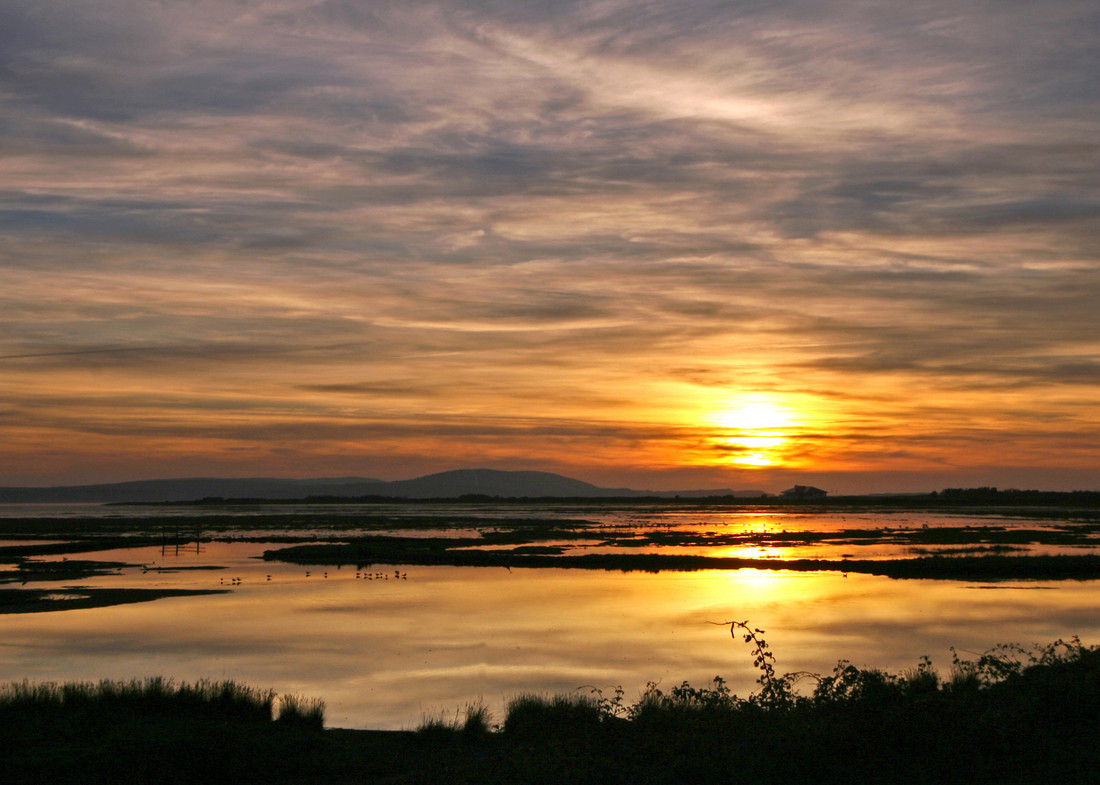
Huge nature, wellbeing and climate cost of coronavirus
Environmental charities warn health of planet at risk from coronavirus impact
15 April 2020
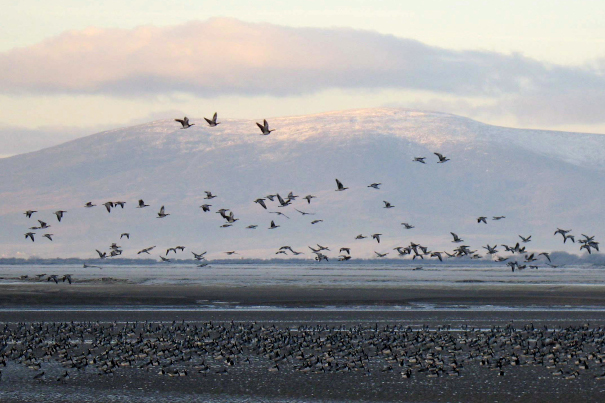
WWT welcomes steps towards removing lead ammunition from the environment
WWT has welcomed a voluntary ban on the use of lead ammunition by UK shooting organisations. The new initiative means that hunters are expected to transition from lead ammunition in favour of non-toxic alternatives by 2025.
24 February 2020
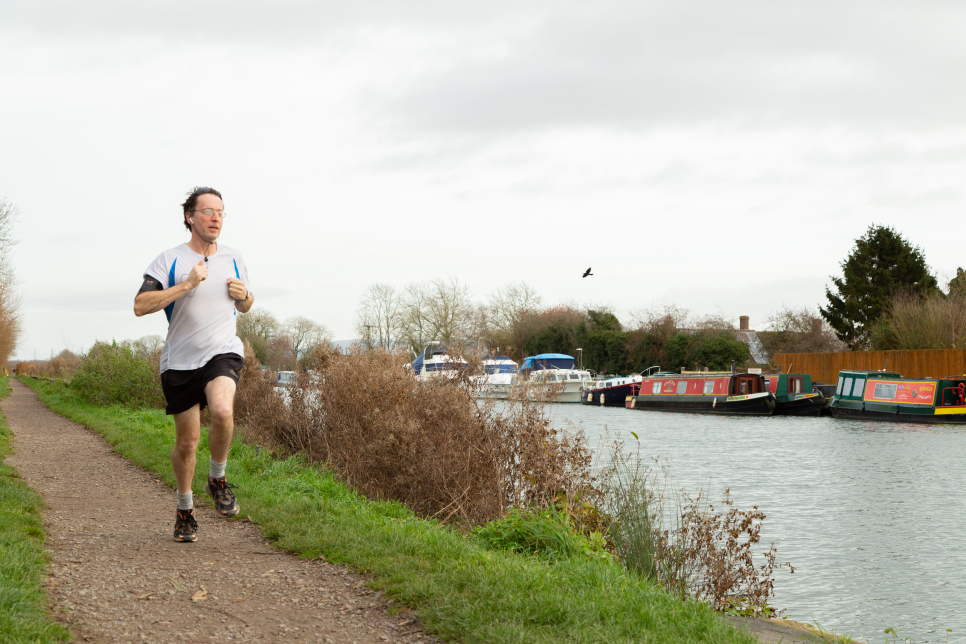
Invasive plant species runs out of time after WWT hero stops it from reaching nature reserve
Slimbridge scientist has banished Himalayan Balsam from the canal during his lunchtime running sessions.
5 December 2019
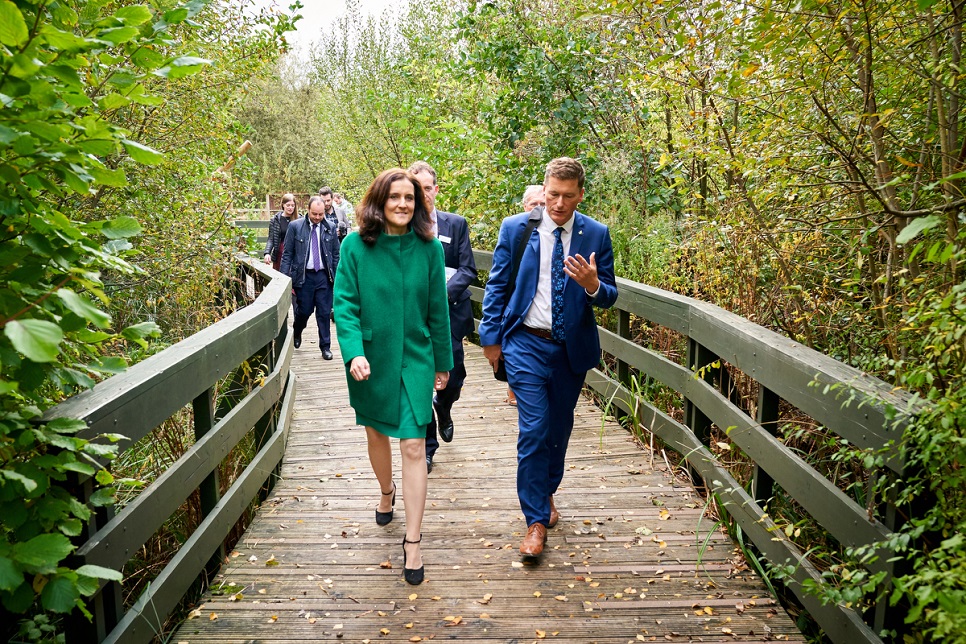
WWT Snapshot October 2019
Here’s a snapshot of just some of the wetland conservation work that’s been possible in the last three months due to your support for WWT. Around the world In Iceland, we’ve downloaded data from tags attached to Greenland white fronted geese e
30 October 2019
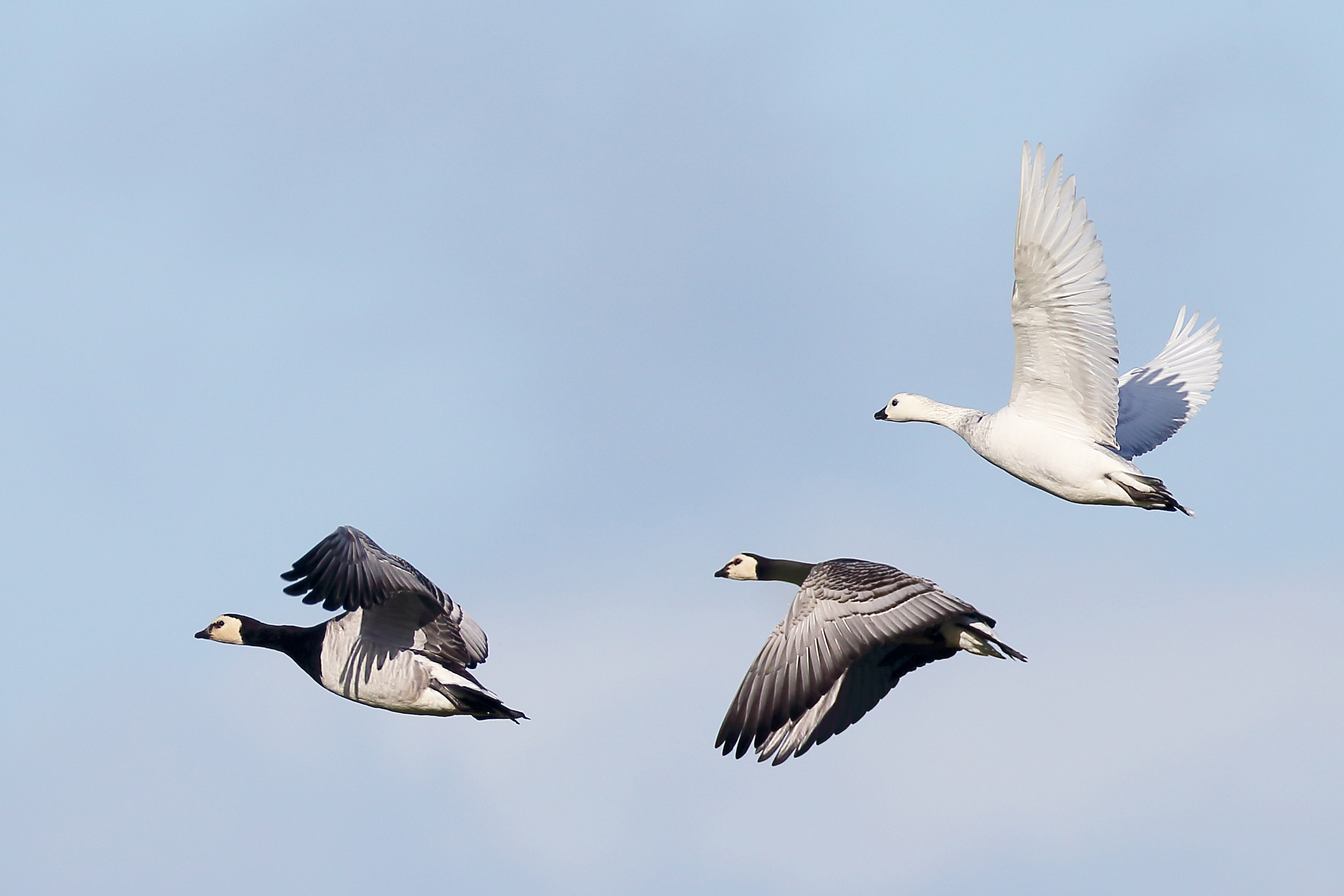
The leucistic goose – giant flocks and the glorious glitches within them
Barnacle geese visit the Solway each year in their thousands and amongst the flock are a handful of rare birds that are a result of a genetic flaw.
28 October 2019
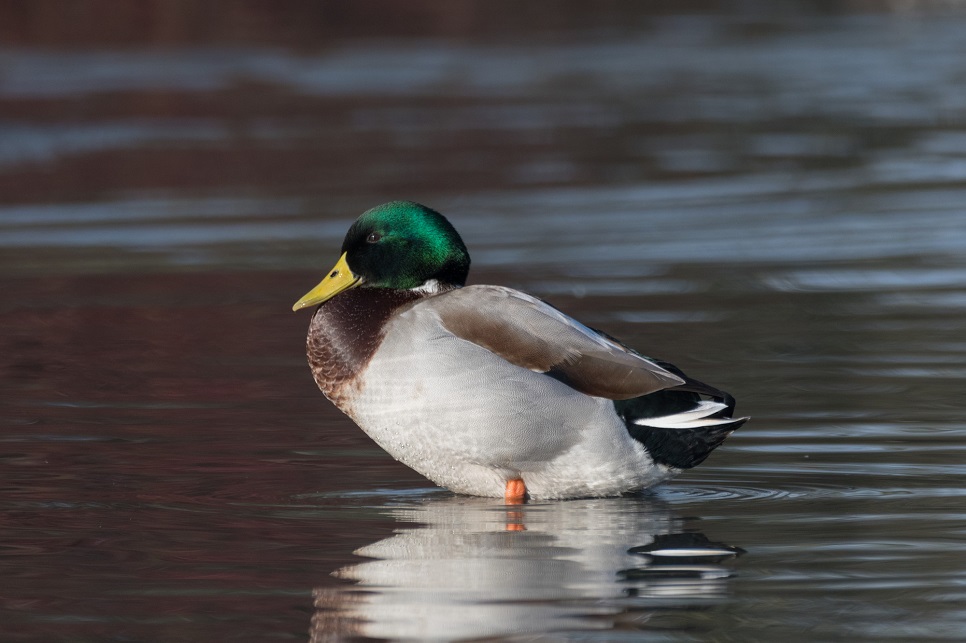
'Rice breast' prevalent in wildfowl, new research shows
Peer-reviewed research, coming from a joint British Association for Shooting and Conservation (BASC) and Wildfowl & Wetlands Trust (WWT) survey, has found the wildfowl disease sarcocystosis is both more prevalent and more widely distributed than previousl
21 October 2019